South Africa has long been celebrated for its breathtaking landscapes, vibrant culture, and diverse wildlife. However, the country has also grappled with high crime rates, which have occasionally deterred potential visitors. In response, the South African government introduced specialized tourist police units in key areas to enhance safety for travelers. The question many are asking is: has this initiative actually led to a measurable decline in crime?
A Bold Step Towards Safer Tourism
The introduction of tourist police in South Africa was not merely a symbolic gesture. These units were deployed in high-traffic tourist destinations such as Cape Town, Johannesburg, and Durban, with the explicit goal of reducing crimes targeting visitors. The officers underwent specialized training to handle issues unique to tourists, including scams, pickpocketing, and violent crimes. Their visible presence in popular areas was intended to reassure both international and domestic travelers.
Initial reactions were mixed. While some praised the move as a proactive measure, others questioned whether it would address the root causes of crime. Critics argued that without broader systemic changes, the tourist police might only displace criminal activity to less-policed areas. Nevertheless, the government pushed forward, emphasizing that safeguarding the tourism industry was critical for the nation's economy.
Measuring the Outcomes: Crime Statistics and Anecdotal Evidence
Several years into the program, data from the South African Police Service (SAPS) suggests a notable decline in crimes reported in areas with a strong tourist police presence. For instance, Cape Town’s waterfront, a hotspot for both tourists and petty criminals, saw a 20% drop in reported incidents within the first two years of the unit’s deployment. Similar trends were observed in Johannesburg’s Sandton district, where armed robberies targeting tourists decreased significantly.
However, interpreting these numbers requires caution. Crime statistics in South Africa have historically been subject to underreporting, and the pandemic’s impact on travel complicates year-on-year comparisons. Some analysts argue that the decline may reflect reduced tourist numbers during COVID-19 rather than the effectiveness of the police units. Still, anecdotal accounts from tour operators and hoteliers paint a more optimistic picture, with many reporting that visitors feel safer and are more willing to explore beyond secured resorts.
Challenges and Unintended Consequences
Despite the progress, challenges remain. The tourist police initiative has been criticized for its uneven implementation. Rural areas and smaller towns, which also rely on tourism, often lack the resources to sustain dedicated units. This has led to a disparity in safety standards, with criminals potentially shifting operations to these less-protected regions. Additionally, some locals have voiced concerns that the focus on tourist safety comes at the expense of addressing crime in underserved communities.
Another unintended consequence has been the perception of a two-tiered policing system. Residents in high-tourism zones have occasionally expressed frustration over what they see as preferential treatment for visitors. This tension highlights the delicate balance authorities must strike between promoting tourism and ensuring equitable law enforcement for all citizens.
Looking Ahead: Sustainability and Broader Reforms
The tourist police initiative, while promising, is not a standalone solution. Experts agree that its long-term success depends on integrating it with broader crime prevention strategies. This includes improving socioeconomic conditions, strengthening the general police force, and fostering community trust in law enforcement. For now, the program has provided a blueprint for how targeted interventions can make a difference, but its true legacy will depend on whether it can evolve to address these deeper issues.
As South Africa continues to refine its approach, the world watches closely. The country’s experiment with tourist police offers valuable lessons for other destinations grappling with similar challenges. Whether the decline in crime rates is sustainable remains to be seen, but one thing is clear: the conversation around safety and tourism is far from over.

By Emily Johnson/Apr 11, 2025

By William Miller/Apr 11, 2025

By Benjamin Evans/Apr 11, 2025
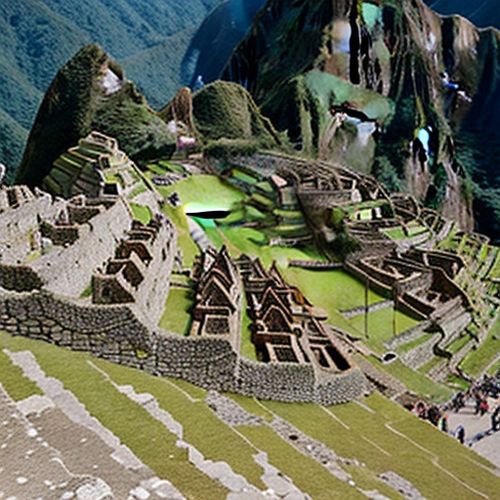
By Grace Cox/Apr 11, 2025

By Amanda Phillips/Apr 11, 2025

By James Moore/Apr 11, 2025
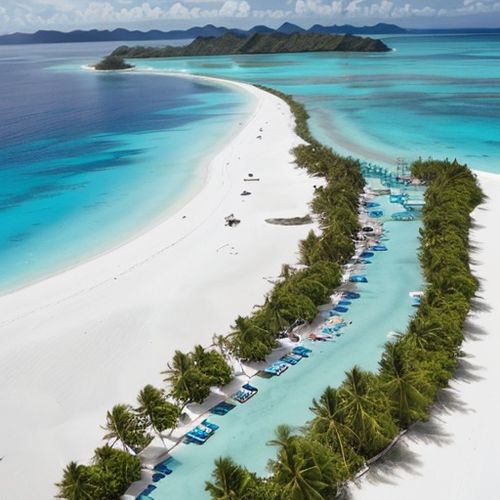
By Natalie Campbell/Apr 11, 2025
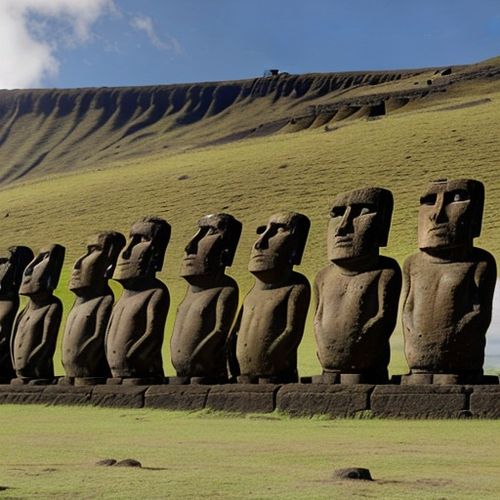
By Eric Ward/Apr 11, 2025

By James Moore/Apr 11, 2025
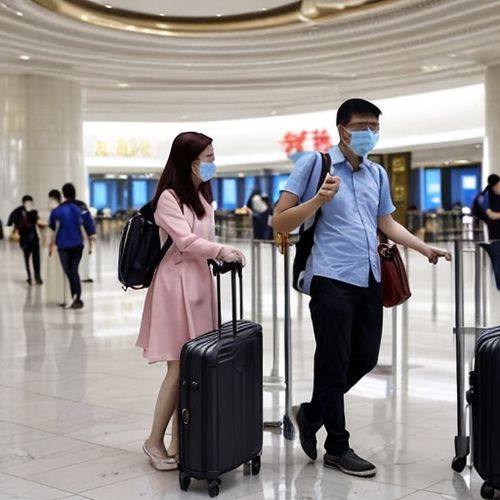
By Emily Johnson/Apr 11, 2025
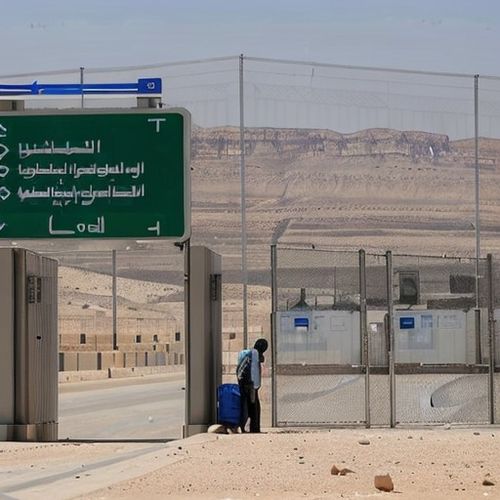
By Christopher Harris/Apr 11, 2025

By Michael Brown/Apr 11, 2025
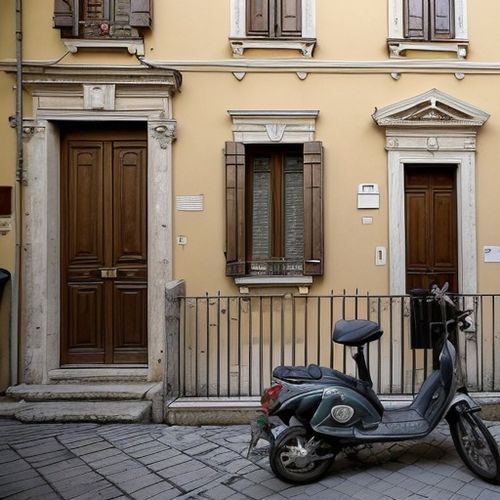
By Rebecca Stewart/Apr 11, 2025
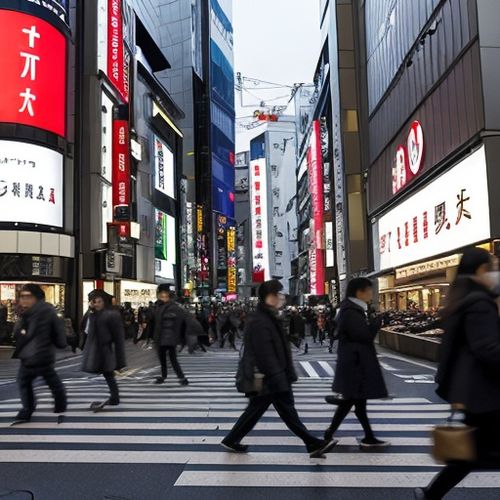
By John Smith/Apr 11, 2025
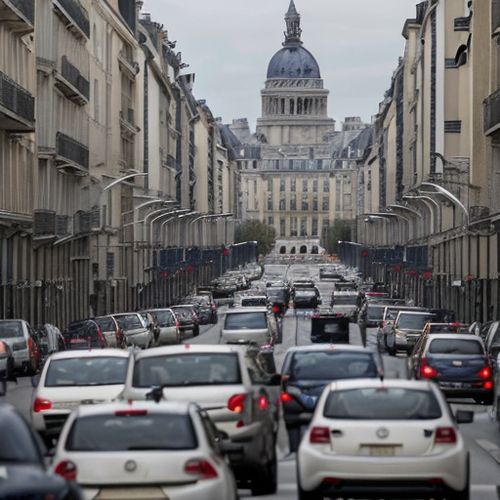
By Natalie Campbell/Apr 11, 2025
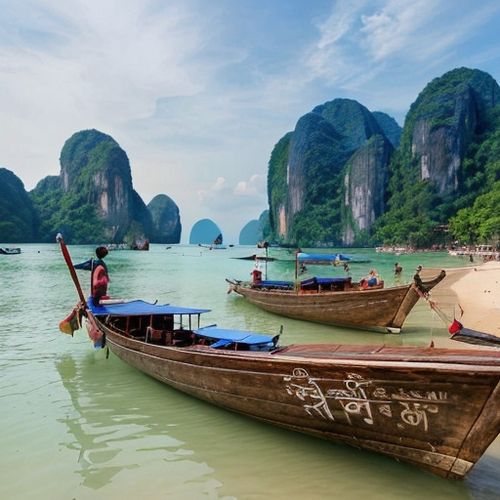
By Emily Johnson/Apr 11, 2025
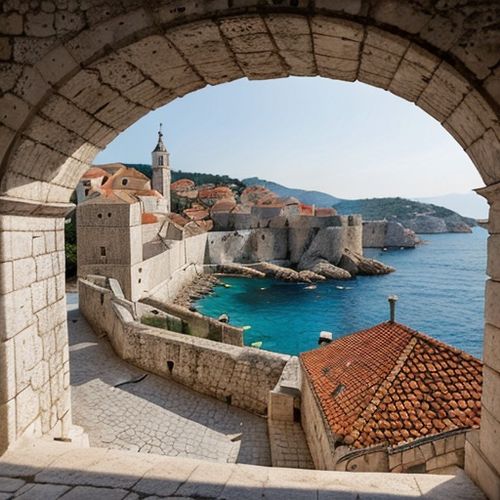
By John Smith/Apr 11, 2025

By Michael Brown/Apr 11, 2025

By Amanda Phillips/Apr 11, 2025
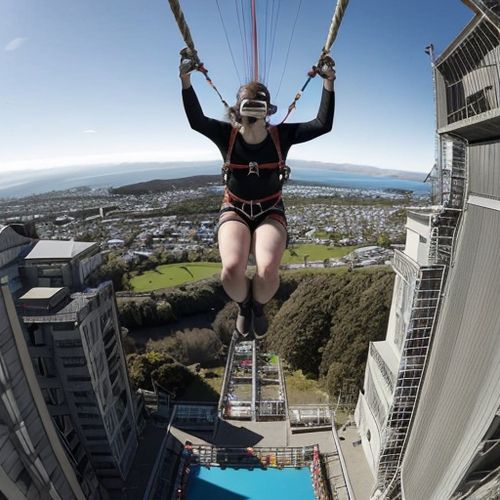
By Joshua Howard/Apr 11, 2025